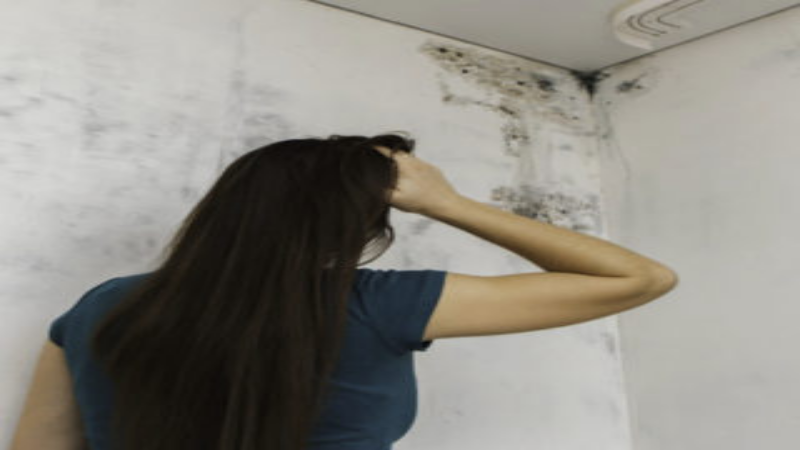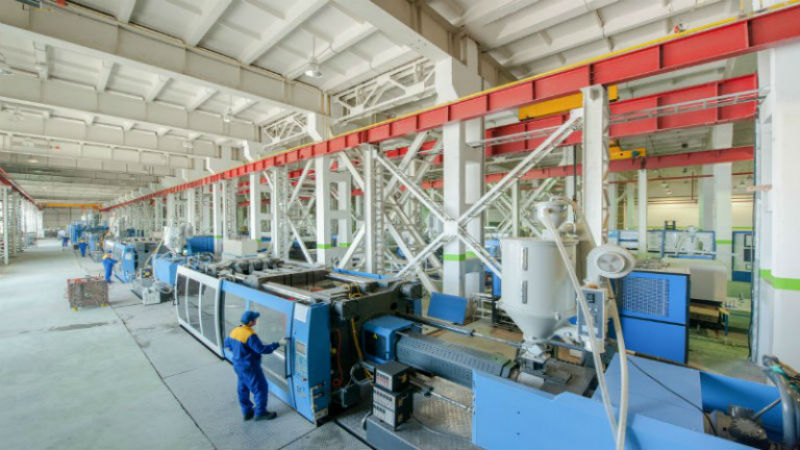Many homeowners are surprised to learn they have mold growing in their homes. Oftentimes they do not detect mold growth until it spreads significantly or produces a harsh smell. While contacting a professional for mold remediation in Fort Myers is ideal, there are some ways that you can prevent mold from growing in your home. The first step to prevention of course is education. Learning what causes mold can help you to pay attention to these areas in your home.
What Mold Needs to Grow
In order for mold to develop, it requires several conditions to occur. They would include mold spores, a food source such as cotton or drywall, a dark location, warmth, oxygen, moisture, and time. Of all of these, moisture is the main condition required for mold growth. This means that homeowners should consistently check areas near plumbing, washing machines, or other sources of water to ensure they do not see any water leaking or mold growth.
Leaking Pipes Cause Mold
One of the most common causes of mold growth in the home is the presence of leaking pipes. Your home’s plumbing system is strategically placed throughout your home, often out of sight. As a result, it can be really hard to detect leaks that may occur. Small leaks are often the biggest culprit of all, as it can take time to detect minor leaks. It is ideal that you check the exposed plumbing areas as often as possible, and also check ceilings or walls with concealed plumbing for signs of leaks.
Leaking Roofs Can Cause Mold
Just as with leaking pipes, detecting a leak in the roofing system can also be complicated to do. Roof looks generally don’t gush into the home and, therefore, you would only notice a leak by seeing stains on the ceiling or checking the attic on the regular basis. You should contact a professional roofer on the annual basis to inspect for damaged roofing materials or areas where a leak might develop.
Of course, there are other causes for mold being present in the home. However, by ensuring your checkpoints on the regular basis you can be proactive in preventing too much damage.
For More Info contact H2O Dryout, Inc.



